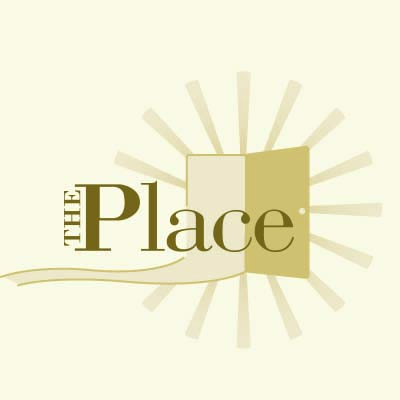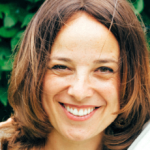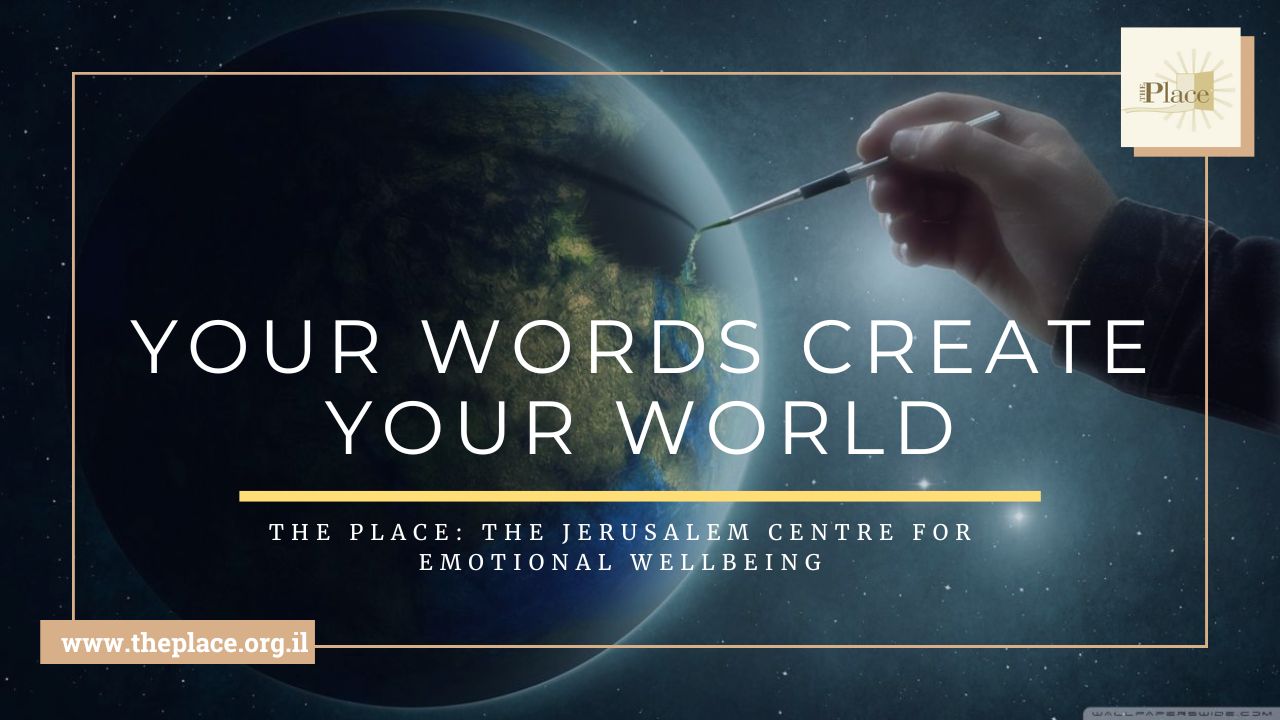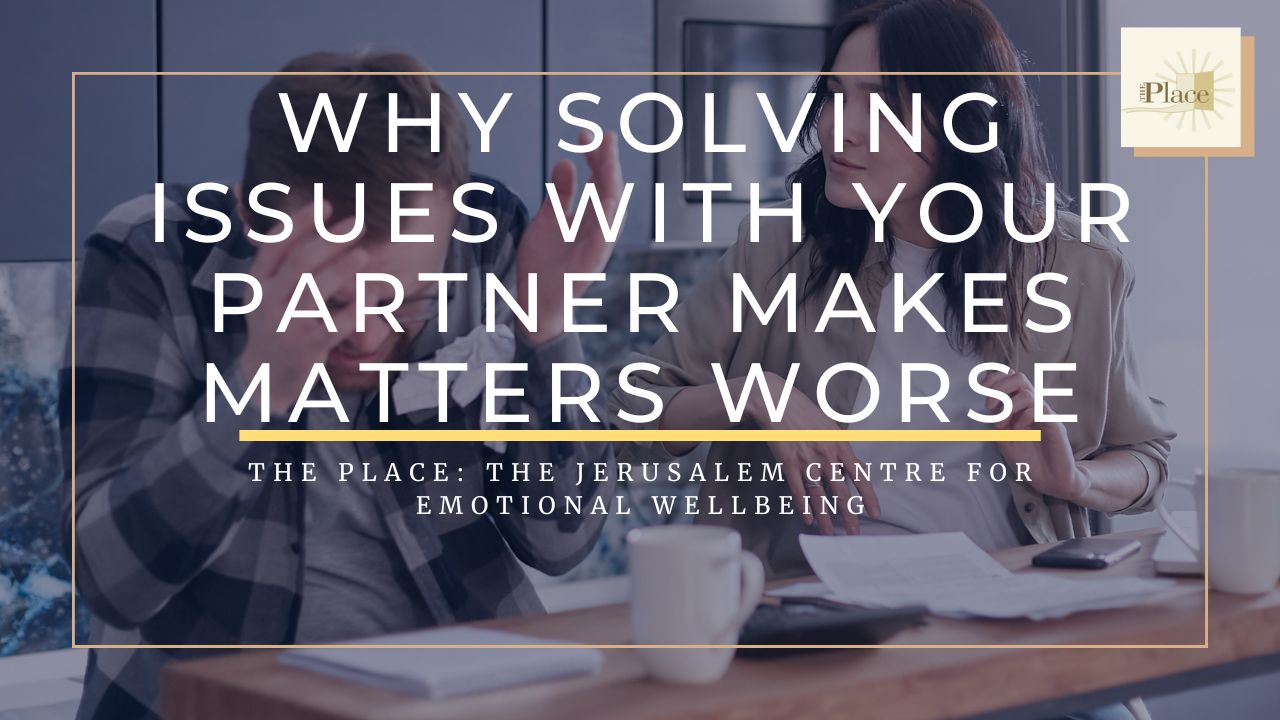“Am I an Irresponsible Parent, what have I done?”: Navigating Guilt after Aliyah.
Seeing your child struggle is never easy. Especially in the context of Aliyah and resettlement, you may be seeing struggles in more than a few areas of your child’s life.
But the phenomena of feeling overly responsible and guilty is something we often take for granted as a permanent fixture of parenthood. But does it need to be? This is something, I believe, once understood a little differently, may help us lighten our own load and be of more service to our children.
I know, it sounds like I may be confusing my words. But parents are just responsible, full stop, you may be thinking. I do agree, of course. I am not talking about practical day to day responsibilities, but rather the emotional reaction of the overwhelming sense of overresponsiblity, guilt, that can also come with overthinkjng, worrying endlessly and self-blame, self- criticism and doubt.
I would like to be speak to the part of us that gets triggered and activated in the face of the unknown, feeling helpless or powerless in the face of what we perceive as a threat to ourselves or our family members.
In the context of Aliyah, this constant flow of perceived threat could look like: teachers comments, behaviors or words of other students, thoughts about our child’s educational future and possibly careers, coping with language or learning issues, school decisions, kids requests about unknown people or places, financial uncertainties, physical location or community, social interactions, driving or transport, medical situations, marital or home life, even emotional states of ourselves and others.
In other words, Aliyah can amplify the internal sense of threat due to sheer volume of new situations and challenges, and our reactions may feel over the top or more intense than we are used to. In other words, if we are usually a worrier, then Aliyah could at times feel like you are flooded with overwhelming fears or concerns. Adding to this is often feeling misunderstood and less capable of protecting or being proactive on behalf of those you are responsible for.
Here is a new perspective that may help: our brains are wired for protection first, not for happiness. Protective, reflexive brain responses are designed with a bias towards overresponsibilty, to compensate for instabilities in the environment, in order to help you feel in control in situations where we aren’t fully in control. That can look like blaming yourself when something goes wrong for not being aware enough, a good enough parent etc. Its a wonderful survival strategy when life is too overwhelming especially as a child when we didn’t have other options or skills. Now as adults we have the opportunity to pause and pay attention to these automatic feelings and thoughts and see if we can redirect and rewire the way we react.
Here are a few steps to helping understanding and dealing with these at times strong and automatically activated feelings.
1) Identify the actual thing that triggered you. Be specific. There may be more than one thing in a row that happened.
2) Become aware of this automatically activated Nervous System Response. If your thoughts are racing, your stomach, chest or shoulders tight, breath becomes shallow
3) Notice the thoughts that go along with the state: eg how could I have brought my family here and ruin them?; whats wrong with me?; why can’t I do x as well as everyone else etc.
4) Can you hear the story you tell yourself? Is it one that is helpful or unhelpful in the here and now?
5) Thank the part that is carrying the load of overresponsibility and guilt and thank it for being there trying to protect you. Really tune in to its endless hard work in the name of trying to keep you safe. Most probably its tired, exhausted, down and needs an inner hug, kindness and compassion, as its usually a younger, child part inside of us that didn’t receive enough coping skills growing up. Also give it reassurance that the resourced part of you can handle this
6) Take a breath and move in to your resourced state, the adult in you, and find yourself one thing to do that is in your control in relation to the trigger eg. I need to call a friend and see if she has the number of…
7) Remind yourself of one or two reasons why you are here and the things you love about being here!!
Sharni is an Australian licensed psychologist. She specializes in transitions, aliyah/immigration, anxiety disorders, OCD, and developmental trauma. She has over 16 years of experience in community health and private practice. In addition to her bachelor’s in psychology (Hons) at the University of NSW she has a master’s in psychotherapy from the University of Sydney. She uses a psycho-dynamic approach to psychotherapy.
The Place
The Place is where therapists, individuals and the community connect to create safety, strength and success. At The Place, men and women discover the freedom and safety to move past those issues which are preventing them from living life to its fullest. Our goal is to help each of our clients discover his or her own strengths as powerful tools in the healing process.
The Place is a multi-faceted clinic offering both individual and group therapy, support groups, interactive evenings and lectures, educational classes, and drop-in hours. Our comfortable, confidential, relaxed environment allows clients and their families to explore sensitive issues and create positive change. We believe that the key to mental health and emotional well-being is inside you.
At The Place, male and female therapists work independently or as a team to explore sensitive issues and facilitate positive change for individuals, couples and families from all sectors of the community. Some of our specialties include emotional eating, grief counseling, internet addiction, phobias, anxiety & OCD, childhood challenges, premarital counseling, couples therapy and intimacy issues, postpartum support, personality disorders, psychiatric care, and more. Connect with a caring professional in person at our comfortable Jerusalem offices, or by video, phone, and text. We’re here for you.
Contact Us
Email info@theplace.org.il
Phone (02) 581 8299
Whatsapp 054 260 1468
Social Media
Website:
https://theplace.org.il/
Facebook:
www.facebook.com/theplacejerusalem/
Instagram:
www.instagram.com/theplacejerusalem/





